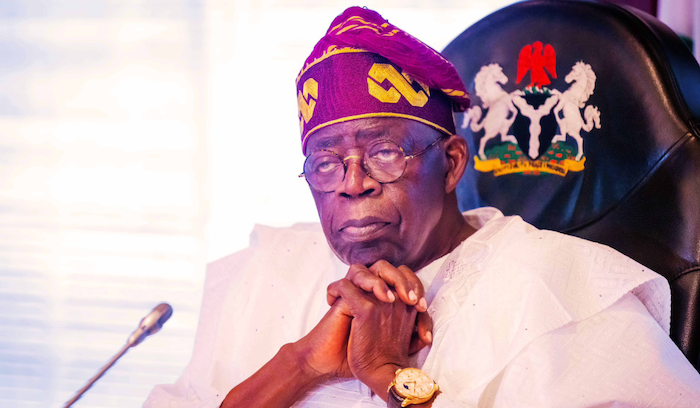Multinational corporations have been forced out of Nigeria due to the country’s toxic economic environment, and things have gotten more worse after fuel subsidies were removed.
Due to the inability to repatriate cash and the volatility of the local currency, the naira, in comparison to international currencies, corporations are pulling out of Nigeria across a range of industries, including energy, pharmaceuticals, and fast-moving consumer goods (FMCG).
Procter & Gamble is the most recent example. At Morgan Stanley’s Global Consumer and Retail Conference, the company declared that it would be ending its business in the nation.
The corporation claims that the macroeconomic conditions in Nigeria, where it is difficult for an organization denominated in dollars to conduct business, are the reason behind its most recent strategic choice.
A list of international corporations that departed Nigeria in 2023 has been put together by Theeconomyng.com.
Unilever
The British multinational fast-moving consumer goods business Unilever Plc intends to stop producing well-known brands like Omo and Lux in Nigeria. This will have an impact on the home care and skin cleansing categories. A new approach unveiled by Unilever aims to lessen exposure to currency liquidity and devaluation, which might affect brands like Rexona, Sunlight, Dove Beauty Bar, Lux soap, Pepsodent toothpaste, Vaseline, and Lifebuoy.
GSK Plc
After 51 years of business, the British biotech and healthcare company GlaxoSmithKline has stated its desire to exit Nigeria. GSK intends to switch to a third-party direct distribution strategy and stop selling its best-selling medications and vaccines in the nation through regional operating firms. In order to supply healthcare items in Nigeria, the company intends to end its distribution arrangement and designate a third-party distributor.
Sanofi-Aventi Nigeria
Beginning in 2024, Sanofi-Aventi Nigeria, a French pharmaceutical business, intends to cease its direct operations in Nigeria and switch to a third-party distribution strategy. The multinational pharmaceutical corporation plans to introduce a revolutionary business model in Nigeria in February 2024. Sanofi’s new business model calls for the company to use a third-party distributor to sell its medications.
Bolt Food
Beginning on December 7, 2023, Bolt will stop offering its nationwide meal delivery service in an effort to maximize resources and increase efficiency. In a statement, the company stated that it has decided to end its food delivery business in Nigeria for business-related reasons.
Procter & Gamble
Procter & Gamble, a major consumer products maker, intends to close its operations in Nigeria. It cites factors such as macroeconomic reality and the difficulties of operating as a dollar-dominated corporation. It stated: “So when you think about places like Nigeria and Argentina, it is difficult for us to operate because of the macroeconomic environment.”
Equinor
Norwegian energy giant Equinor has sold its interests in Nigeria, including its ownership of the Agbami oil field, to the Nigerian business Chappal Energies. This ends Equinor’s 30-year stay in Nigeria. Under the terms of the agreement, Equinor Nigeria Energy Company (ENEC), which owns a 53.85% interest in oil and gas lease OML 128—including a unitized 20.21% share in the Agbami oil field operated by Chevron—will be sold. Since 2008, Equinor has made a substantial contribution to the expansion of Nigeria’s oil and gas sector, with the Agbami field producing more than one billion barrels of oil annually.


